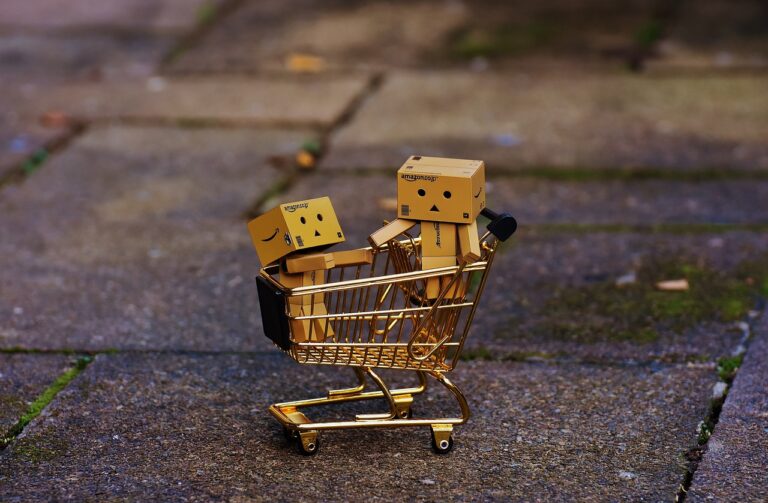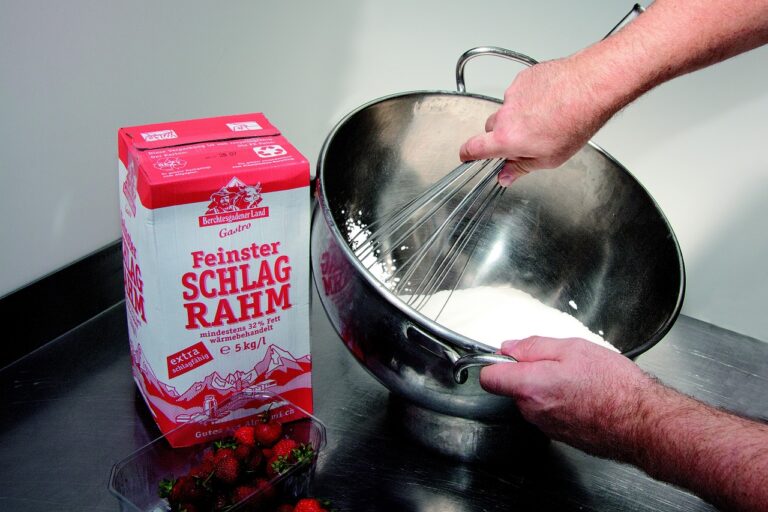The Evolution of Ethical Certification Labels in Consumer Goods
Ethical certification labels have a rich history dating back to the early 20th century when the first Fair Trade certification was established. These labels were initially created to provide consumers with assurance that the products they were purchasing were produced in an ethical and sustainable manner. Over the years, the concept of ethical certification labels expanded beyond just Fair Trade to include organic, cruelty-free, and other socially responsible designations.
The growth of consumer awareness and concern for ethical practices in production and sourcing has played a significant role in the increasing popularity and prevalence of ethical certification labels. As consumers became more conscious of the environmental and social impact of their purchasing decisions, they began to actively seek out products that aligned with their values. This shift in consumer behavior has led to a greater demand for transparency and accountability from companies, prompting the widespread adoption of ethical certification labels across various industries.
Origins of Consumer Awareness
Consumer awareness, a concept deeply ingrained in the modern marketplace, has its origins rooted in the rise of industrialization. As mass production spread in the 19th century, consumers began to demand more information about the products they were purchasing. The shift from small-scale craftsman goods to mass-produced items led to a newfound awareness of quality, safety, and social responsibility among consumers.
Moreover, the consumer protection movement of the early 20th century played a pivotal role in shaping consumer awareness. Legislation such as the Pure Food and Drug Act of 1906 in the United States highlighted the need for greater transparency in product labeling and manufacturing processes. This era marked a turning point in consumer consciousness, as people began to recognize the importance of understanding where their goods came from and how they were made.
Impact of Social Media on Certification Labels
With the widespread use of social media platforms, the impact on certification labels has been significant. In the age of instant information sharing, consumers now have the ability to quickly access and disseminate information about products and their associated certifications. This transparency has led to a surge in demand for products that are ethically produced and environmentally sustainable, as consumers are more informed and conscious of the social and environmental implications of their purchasing decisions.
Furthermore, social media has provided a platform for consumers to hold companies accountable for the accuracy of their certification labels. Any discrepancies or unethical practices can quickly be exposed to a wide audience, leading to potential backlash and damage to a company’s reputation. This increased scrutiny has pushed companies to be more transparent in their certification processes and to ensure that their labeling accurately reflects the standards they claim to adhere to.





